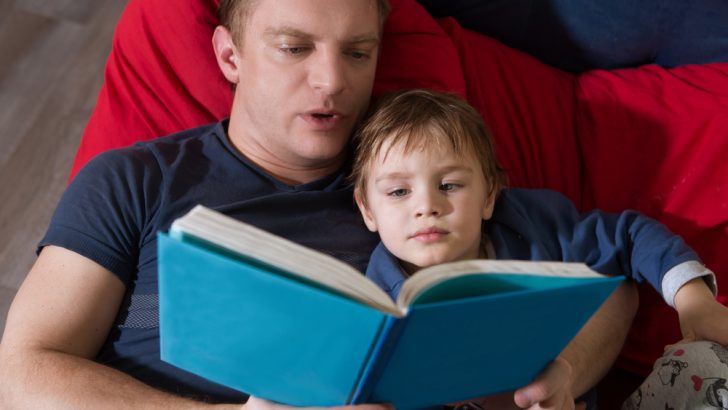“Tell me a story about when you were a boy.” That’s the unchanging instruction I have received from my eight-year-old boy at bedtime for weeks now.
At first, I thought this was brought on by my father’s colourful stories of his childhood in Ballyvaughan, where fact and fiction intermingle fantastically. One recent story was about how he and his friends saw a German bomber crash in the village during the Second World War – a story made all the more remarkable by the fact that my father was born in 1949.
It is the ordinary things about my boyhood that fascinate Sean. I show him photos of me at his age. We look very alike. There I am, with grass-stained knees from playing football, fishing from the rocks, walking in the woods or standing proudly in my beaver uniform. It must seem like a parallel universe, where a progenitor version of him was doing all the very same things does now, just three decades ago. Perhaps he is pondering the fact that this giant in his life, his father, was once a very similar little boy, playing the same games and imagining the same things.
Each night I tell him another story of my happy childhood, and he goes to sleep contentedly. Once he is asleep, as I sit by the fire. But in that rare peaceful hour, it is the things I don’t tell him about life in 1980s Cork that come to mind. I remember the daily news reports of bombs, killings and paramilitary funerals in Northern Ireland. The phrase “tit for tat” was used to describe the cycle of vengeance, like some macabre childhood game played by shadowy figures. I remember roadblocks and plain-clothes officers with Uzi machine guns. The men who did these things moved in our midst. This grim backdrop to my childhood has made me all the more determined to insulate my kids from the current terror attacks. The evening news is not on in our house.
I remember learning the meaning of the word “redundancy” when Ford and Dunlops closed, devastating Cork. My best friend emigrated to Australia and sent me lonely letters on thin airmail paper, featuring drawings of the lizards in his garden. Neighbours moved to America. A sense of desperation emanated from households as the family car was sold, holidays were cancelled and clothes became threadbare.
I remember proud men, with an emotional choke in their voices calling to the door, “I was wondering if there’s any work you need done around the house missus, painting or gardening, as Christmas is coming and we need a few bob for presents.” I said to my mother that he didn’t have to worry, Santa would bring his children presents. Something in her reply caused me to doubt the theology of Santa, to which I had theretofore subscribed
I remember a boy in my class crying as other boys were mocking his ill-fitting hand knitted school jumper. I stepped in and said that hand-made jumpers were better than our shop-bought ones anyway, which had plastic in them, and they were warmer in winter too. He gave me some crisps for lunch. That was one of the mysteries: the poorer boys always had crisps for lunch.
I’ll tell Sean these stories in time, but not yet. We parents are responsible for forming our children’s fundamental first impressions of humanity, and the world. I believe that if their first deep impression is one of security and kindness, they will feel safer all their lives, and from that position of emotional strength can deal better, and more compassionately, with the many sorrows of the world.


 Rory Fitzgerald
Rory Fitzgerald
